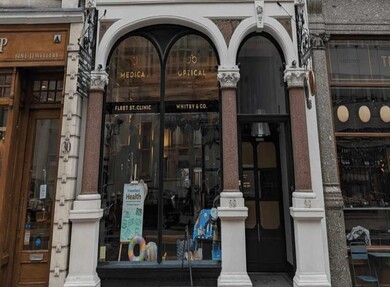|
Alcohol misuse Alcohol misuse is when you drink in a way that's harmful, or when you're dependent on alcohol. To keep health risks from alcohol to a low level, both men and women are advised not to regularly drink more than 14 units a week. A unit of alcohol is 8g or 10ml of pure alcohol, which is about:
A small glass (125ml, ABV 12%) of wine contains about 1.5 units of alcohol. Find out more about alcohol units Low-risk drinking advice To keep your risk of alcohol-related harm low:
Regular or frequent drinking means drinking alcohol most days and weeks. The risk to your health is increased by drinking any amount of alcohol on a regular basis. Risks of alcohol misuse Short termThe short-term risks of alcohol misuse include:
People who binge drink (drink heavily over a short period of time) are more likely to behave recklessly and are at greater risk of being in an accident. Long termPersistent alcohol misuse increases your risk of serious health conditions, including: As well as causing serious health problems, long-term alcohol misuse can lead to social problems for some people, such as unemployment, divorce, domestic abuse and homelessness. If someone loses control over their drinking and has an excessive desire to drink, it's known as dependent drinking (alcoholism). Dependent drinking usually affects a person's quality of life and relationships, but they may not always find it easy to see or accept this. Severely dependent drinkers are often able to tolerate very high levels of alcohol in amounts that would dangerously affect or even kill some people. A dependent drinker usually experiences physical and psychological withdrawal symptoms if they suddenly cut down or stop drinking, including:
This often leads to "relief drinking" to avoid withdrawal symptoms. Find out more about the risks of alcohol misuse Am I drinking too much alcohol? You could be misusing alcohol if:
Someone you know may be misusing alcohol if:
Getting help If you're concerned about your drinking or someone else's, a good first step is to see a GP. They'll be able to discuss the services and treatments available. Your alcohol intake may be assessed using tests, such as the:
As well as the NHS, there are a number of charities and support groups across the UK that provide support and advice for people with an alcohol misuse problem. For example, you may want to contact:
See a full list of alcohol charities and support groups Treating alcohol misuse How alcohol misuse is treated depends on how much alcohol a person is drinking. Treatment options include:
There are 2 main types of medicines to help people stop drinking. The first is to help stop withdrawal symptoms and is given in reducing doses over a short period of time. The most common of these medicines is chlordiazapoxide (Librium). The second is a medicine to reduce any urge you may have to drink. The most common medicines used for this are acamprosate and naltrexone. These are both given at a fixed dose, and you'll usually be on them for 6 to 12 months. Further reading
Alcohol and pregnancy The Department of Health and Social Care recommends pregnant women and women trying to conceive should avoid drinking alcohol. Drinking in pregnancy can lead to long-term harm to the baby, and the risk increases the more you drink. The Chief Medical Officers for the UK recommend that if you're pregnant or planning to become pregnant, the safest approach is not to drink alcohol at all to keep the risk to your baby to a minimum. If you're worried about alcohol use during pregnancy, talk to your doctor or midwife. If you're trying to conceive, your partner should drink no more than 14 units of alcohol a week, which should be spread evenly over 3 days or more. Drinking alcohol excessively can affect the quality of his sperm.  BestCareCompare | ||||||
| Find GP's near you.. Find local GP's and filter for personalised care. Check CQC ratings and review scores to help make the best choice for you... |
| Find Great Doctors... |
|
|
Doctors near London (See Full List) |


